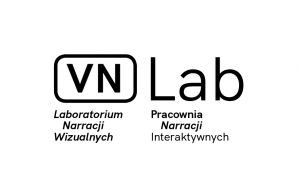Amazon A–Z: The Beginning
Immediately after graduating from Princeton University (graduated in Electrical Engineering and Computer Science in 1986), Jeff Bezos spent seven years on Wall Street. Of the few stock market and finance companies he worked for, the last one is the most notable: D. E. Shaw & Co.
The company, founded by David E. Shaw, Professor of Computer Science at Columbia University in New York, was one of the pioneers in using the internet and software to conduct and analyze stock market transactions. Today, less than thirty years later, most stock market transactions are done through automated algorithms that even respond to a single tweet. All this to sell or buy stocks or options a fraction of a second faster than the competition.
One could say that it was with David Shaw that Bezos understood the business potential of the internet. As Brad Stone described in his book The Everything Store, the very idea of setting up an online shop with infinite selection and variety of products could have been their common idea. However, Shaw had no problem with one of his best employees leaving the company in 1994, trying to put this idea into practice. From today's perspective, it is also hard to overestimate the experience and familiarity with the financial world, gathered in the early 1990s by the future multibillionaire and CEO of Amazon.
Bezos borrowed, for example, his approach to recruiting new employees from Shaw. At the beginning, Amazon's founder was not looking for people experienced in business, but for the most talented graduates of technical majors. The first employee of the company was programmer Shel Kaphan, living in Santa Cruz, California, where he and Bezos were initially looking for a place to establish what is now Amazon.
However, when it turned out that under U.S. tax law it is most profitable to set up a mail order business in the least populated states, Bezos and his then wife MacKenzie moved from New York to Seattle. Soon Kaphan joined them. The choice of the city was also related to other factors, such as the relatively large number of programmers and IT specialists attracted by Microsoft based in nearby Redmond. When, for practical reasons, Bezos decided to limit the offer to books at the beginning, the location in the neighboring state of Oregon of the largest warehouses of American book distributors became crucial.
This is when, in the suburbs of Seattle, a twin story begins, similar to other myths about the founding of technological start-ups. Bezos and Kaphan, in a garage converted into an office, form the basis of a company worth a trillion dollars today. To this romantic story, however, a bit of realism must be added: it is hard to imagine this situation without the $100,000 that his parents invested from their private savings in Bezos' risky business.



